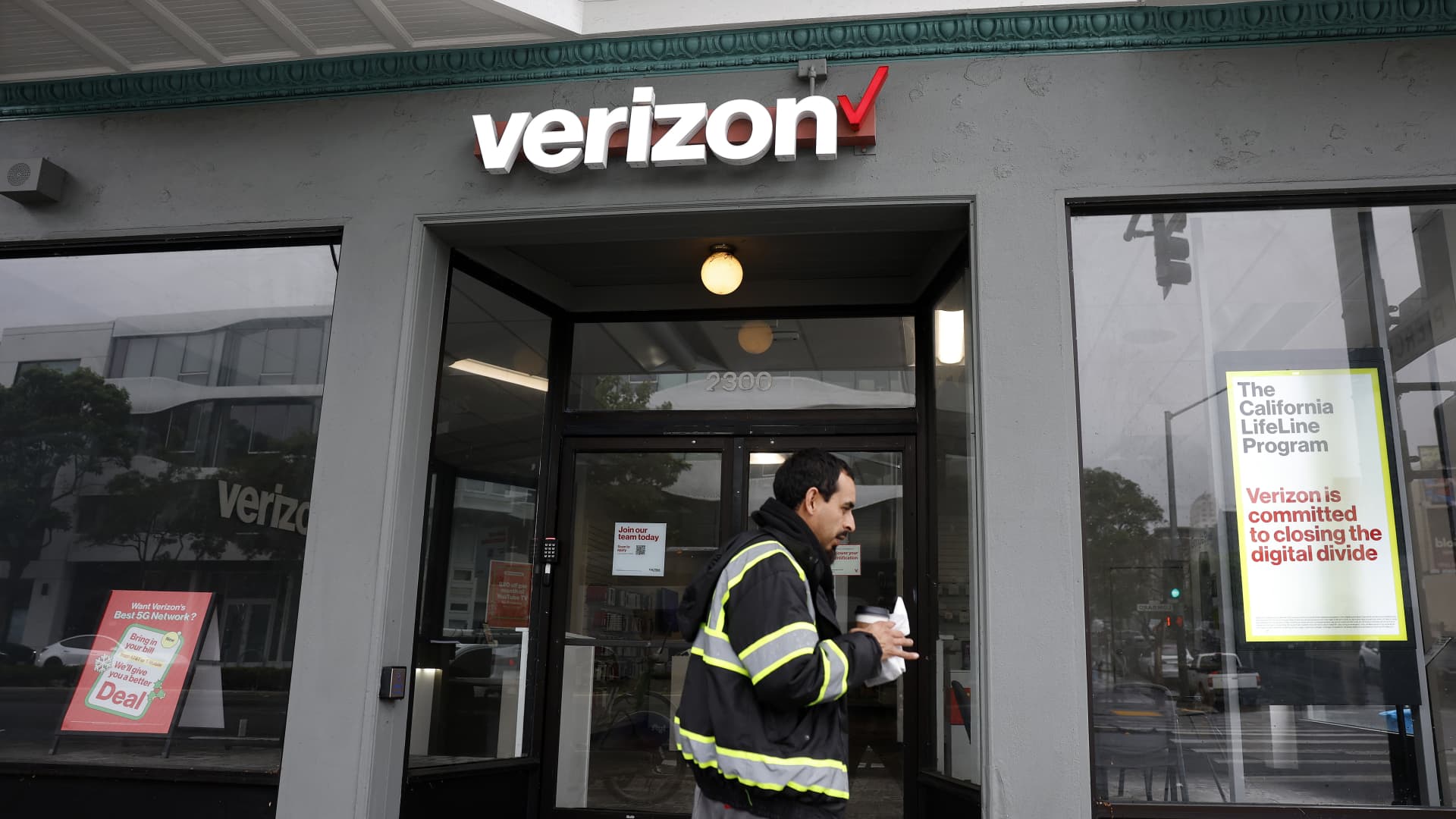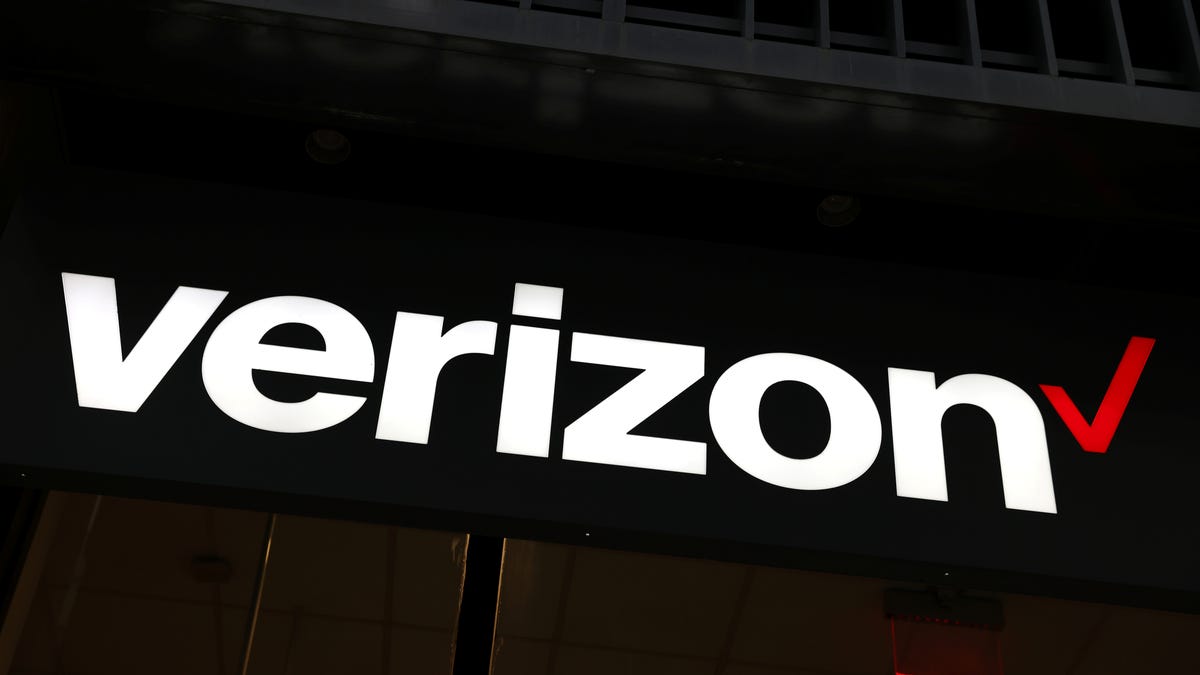More than 13,000 people just lost their livelihoods at Verizon. Not unionized. Not protected. Just numbers on a corporate spreadsheet, swept aside as CEO Dan Schulman announced a brutal cost-cutting spree masquerading as ‘restructuring’ on November 20. This isn’t just a layoff; it’s a strategic corporate purge designed to trim the fat from the bottom, leaving the top utterly untouched and shareholder pockets lined.
The Real Story
Verizon’s narrative is simple: ‘shrinking costs and restructuring operations.’ But peel back the corporate jargon, and you find a stark, unsettling reality. Over 13,000 non-union employees – the very backbone of many operational departments – are being sacrificed. This isn’t a minor adjustment; it’s the largest single layoff in the company’s recent history, a desperate measure to appease increasingly demanding investors and artificially inflate quarterly reports. While the company talks about ‘conversion’ and ‘efficiency,’ the human cost is immeasurable. These are families disrupted, careers derailed, communities impacted, all in the name of a leaner, meaner corporate machine. The brutal truth is that Verizon, a multi-billion-dollar behemoth, chose to shed its most vulnerable workforce. This decision begs the uncomfortable question: if cost-cutting is so critical, where are the equally severe cuts at the executive level? Why does the burden invariably fall on those least equipped to absorb the shock?
An anonymous former Verizon executive, now quietly consulting after a lucrative exit, didn’t mince words. ‘They call it ‘restructuring,’ but let’s be blunt,’ he confided. ‘When you announce 13,000+ cuts, almost exclusively among non-union ranks, it’s about protecting the executive bonus pool and demonstrating ruthlessness to Wall Street. It’s a calculated move to show you’re serious about profit margins, even if it means throwing good people under the bus. The unvarnished truth? These employees are considered expendable commodities, easy targets when the pressure mounts to deliver higher shareholder value, regardless of the ethical cost. It’s a playbook as old as capitalism itself, just executed with a fresh coat of PR paint.’
Why It Matters
This isn’t an isolated incident; it’s a chilling symptom of a pervasive corporate pathology. When mega-corporations like Verizon shed thousands of jobs, ostensibly to ‘restructure,’ the immediate beneficiaries are almost always the stock price and executive compensation packages. The money saved on salaries, benefits, and severance for those 13,000+ individuals doesn’t magically disappear; it’s reallocated, often directly into shareholder dividends or executive incentives. This creates a dangerous precedent: that loyalty, dedication, and hard work from non-unionized employees are less valuable than short-term financial boosts. It impacts not only the directly affected individuals but also the morale of those who remain, constantly looking over their shoulders, wondering if they’re next on the chopping block. Furthermore, a workforce constantly in flux, demoralized, and under-resourced, inevitably impacts customer service, innovation, and long-term stability, potentially undermining the very ‘efficiency’ Verizon claims to seek. The true scandal lies in the disproportionate sacrifice, where the burden of ‘restructuring’ never seems to touch the gilded halls of the C-suite.
The Bottom Line
Verizon’s brutal job cuts are a stark, unvarnished reminder of where corporate priorities truly lie in the modern economy. This isn’t about sustainable growth or valuing a dedicated workforce; it’s a cold, hard play for increased profitability at the expense of thousands of lives. If this aggressive, shareholder-first approach continues unchecked, Verizon risks eroding its public trust, alienating its remaining workforce, and ultimately finding itself a hollowed-out shell, having sacrificed long-term stability and goodwill for fleeting financial gains. The real restructuring required might just be a radical overhaul of corporate ethics itself, before more companies follow this perilous path.


